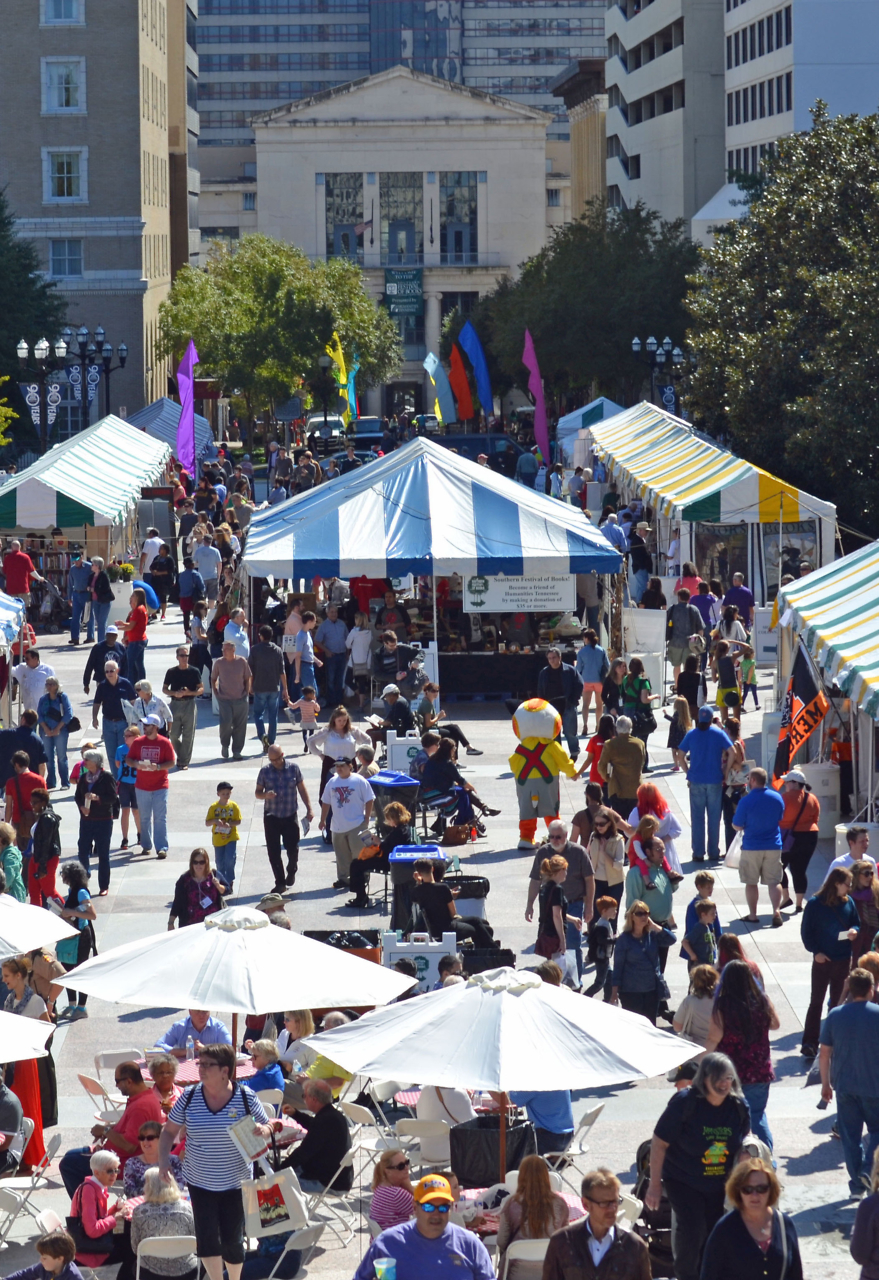Planting Trees Whose Shade We May Never Enjoy
A writer gardens through an existential crisis
One recent morning I wasted time on Twitter, scrolling through tweets by prominent writers bemoaning the impossibility of finding time to read. “Book People,” began a New Yorker correspondent, “can you calmly, in detail, explain to me how you read so. many. books.? Do you just skim them? Do you spend nine hours a day reading? I genuinely do not understand how and I wish to be like you.”
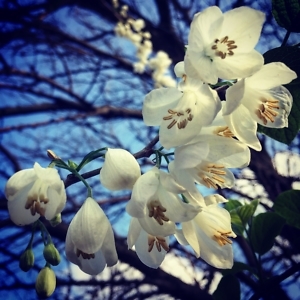
“Lying works for me,” replied an author of crime fiction.
I might have dismissed the tweets as successful-writer humblebrags, but those guilty longings are familiar to scribes in all sectors of the Big Hustle. Being a writer means there’s always homework due, and whatever else you’re doing feels like an indulgence. So when colleagues manage to publish books and read prolifically, it’s hard not to secretly hate them a little.
In January a year ago, when friends posted their 2017 reading stats, I felt the same self-loathing and disbelief that surely inspired that tweetstorm: these productive word people had met their deadlines and also consumed sixty, seventy, even 100 books that year. Driven by envy and shiny New Year’s enthusiasm, I vowed to try for fifty books in 2018 and impulsively posted my Reading Challenge Goal on Goodreads, so that my eventual shame and regret could be enjoyed by all.
The shame began immediately. In early 2018, I was struggling to finish a manuscript I’d been working on for several years. Until I typed THE END, I considered that any time spent not writing was time wasted. I blew off gardening and housework, cooking and walking and yoga. Emails went unanswered and invitations un-RSVPed. Fortunately, I have no children or pets to harm by neglect.
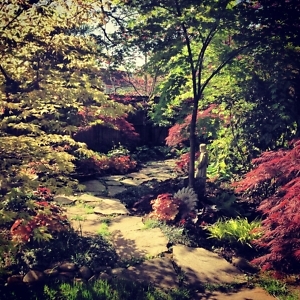
All the while, my Goodreads vow mocked me. If I read, I was failing to write. If I didn’t read, I was failing as a Book Person. I avoided the living room, a shelf-lined place where unread books lurked. I compromised by allowing myself to read books that could be construed as “research”—how-tos on writing and publishing, or anything related to my topic. I drew the line at reading for entertainment.
Of course I lost the Goodreads Challenge. This January, I stared glumly at the screen displaying my 2018 virtual shelf: thirty-seven books. I was clearly of lesser stock than my prolific colleagues, whose ironclad discipline I could scarcely imagine.
For struggling writers, reading is, at best, a complicated pleasure. Reading for love as children is what organized our neurons into writers’ brains in the first place, and we never lose that primal joy in the written word. Reading is sustenance for us, a form of communion. But adult responsibilities close in: mortgages to pay, deadlines to meet, peers to vanquish. During this precarious time for journalism and publishing, writers feel intense pressure to keep the word assembly line grinding at impossible speeds. “Who has time to read?” we tweet. And whether you do or don’t, the cycle of self-reproach turns: either you manage time too poorly to carve out reading hours, or you can find the time because you don’t have enough writing to do.
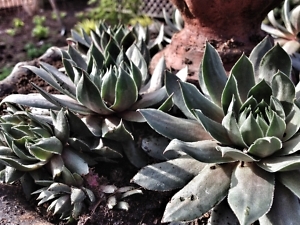
Which leaves an uncomfortable question hanging: with all this reader’s guilt floating on the ether, why am I working so hard to send another book into the world, to menace someone else’s bookshelf unread?
Existential crisis alert.
When faced with existential crises, I dig holes. This afternoon I spent time in my garden, breaking up winter-hardened dirt clods and enriching the soil with compost. Last spring, I dug almost no holes at all. My generous mother took up my slack, weeding and pruning while I forced myself to finish that damned manuscript.
This spring, I realized that I didn’t want to lose another season in the garden with my mom—or another year of reading, walking, and cooking for friends. Because yes, I’m a writer, and there’s work to do. But I’m also a long-haul walker, gardener, cook, and friend. If I don’t devote time to those things, I’m not fully myself. And it strikes me now that it wasn’t discipline that robbed me of those pleasures in 2018; it was the failure-shaming itself.
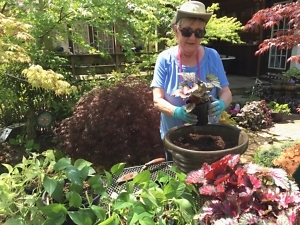
Surely I could have found more hours to move dirt and turn pages last spring and still finished the manuscript by May. I think the reason I didn’t was that I wanted to avoid the awful feelings that descended anytime I did anything besides write. Guilt was a useless scold that poisoned my favorite activities but didn’t add to the word count. And it was infusing the writing days with anxiety, too.
If the writing we do is meant as a gift of pleasure to others, what happens when we become resentful, dutiful drudges in the making of it? I can’t help but feel that such joylessness will find its way into the pages we produce. With that insight in mind, I’ve issued myself a new challenge. It’s less numerically oriented, more holistic, best summed up as: Be who you are. Do the things that define you. Don’t feel bad about them.
Easier said than done. But this year, a few minor life-innovations have helped me carve out more reading time. I’ve also axed the ridiculous “no reading for pleasure” prohibition, deadlines be damned. I’ve finally realized that reading for love is part of the job description. We’re preparing the soil of our creators’ minds, so our own stories can grow when the season is right. In that sense, reading is writing is working.
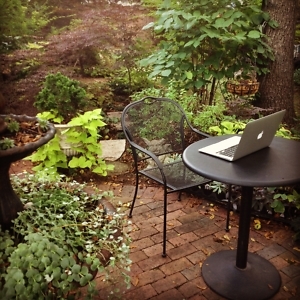
Of course, once reading ceased to be fraught with self-reproach, I magically found more time for it. By the spring equinox, I’d read twenty books, shamelessly—no challenge needed.
My sixteenth book this year was Ray Bradbury’s Fahrenheit 451, a book-lover’s story if ever there was one. One passage lodged in me, lines from a conversation between Montag, a “fireman” employed to burn outlawed books, and a former English professor: “Everyone must leave something behind…” the ex-prof says, “A child or a book or a house or a wall built or a pair of shoes made. Or a garden planted … and when people look at that tree or flower you planted, you’re there.” Montag realizes that each book he burns represents a person whose immortality he is extinguishing. He joins a group of exiled bibliophiles who’ve memorized their favorite books—a living library to carry forward the legacy of human knowledge for a time when it’s valued again.
Bradbury’s book-free dystopia is an expression of writers’ greatest fear: that their work will languish unread, unnoticed, unloved. Whether we admit it or not, a lot of us are driven by longings for immortality. We wouldn’t give up security—financial and psychological—if we weren’t impelled to make something worthy that stands to outlast us.
Of course, immortality isn’t fame. The gardener in me intrinsically understands this. As long as the silverbells and redbuds I planted still grow, some shadow of me lives on in the riffling leaves; the external affirmation doesn’t matter. But as a writer, I’m tempted to measure success by numbers: units sold, comments and shares, royalties. I want to be noticed (and remunerated). But attention and accolades are like Tantalus’s fountain, ever receding and never enough. In the long run, the pleasures of noticing are more profound than the adrenaline rush of affirmation. Noticing is the calling itself. It’s who we are as writers: the noticers. And it’s a practice that extends to everything, not just on the page, but in the garden, the kitchen, the library, and the company of friends.
I don’t know if any words I’ve written will outlive me, but last year I made a book. It’s the story of my friend Chantha, who created something to leave behind and believed in it against all odds. I hope someone reads it one day. But no matter what becomes of this book, writing my friend’s life story has taught me a lot about noticing. The work has been joyful and rewarding, despite the anxiety and guilt that turned up along the way. And by adding in some small way to the planetary body of knowledge, Chantha and I are planting trees whose shade we may never enjoy.
I have to believe that the work of transforming something for the better—a garden from fallow ground, a book from a scramble of ideas—is one of the most beautifully crackbrained things we humans can do. Making things is an act of wild faith, an expression of the belief that people were meant to create simply for the sake of doing so. The same goes for the restorative pleasures that support creation: reading and walking, or digging in the dirt. The only real wastes are shame, time spent on Twitter, and lovely things we fail to see because we’re too busy to notice.
[This essay originally appeared on May 10, 2019.]
 Copyright (c) 2019 by Kim Green. All rights reserved. Kim Green is a writer and public-radio producer, a licensed pilot and flight instructor, and the editor of PursuitMag, a magazine for private investigators.
Copyright (c) 2019 by Kim Green. All rights reserved. Kim Green is a writer and public-radio producer, a licensed pilot and flight instructor, and the editor of PursuitMag, a magazine for private investigators.
.jpg)
